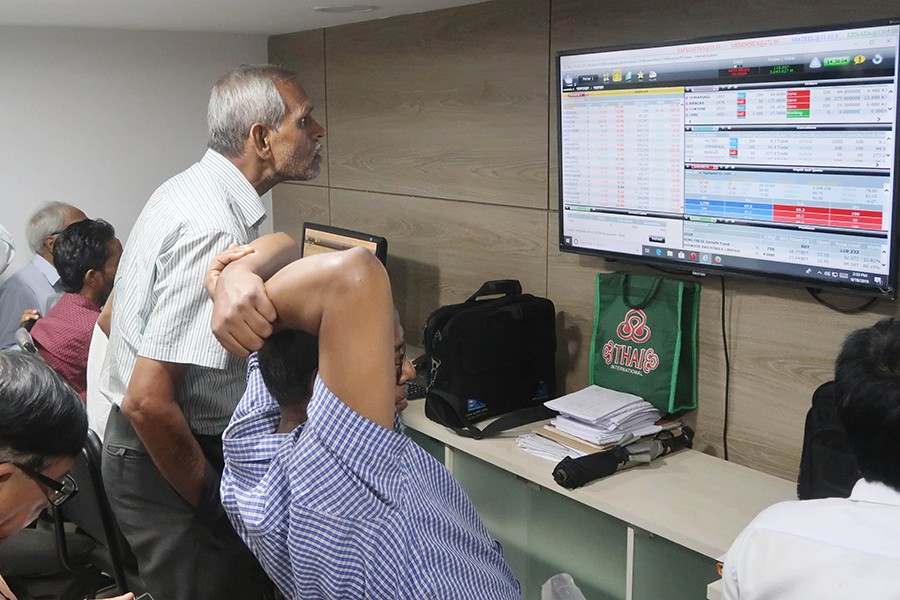Data display on exchanges
Key data should be easy for investors to access
Readily-available precise dividend yields will be convenient for investors before taking positions in stocks

Published :
Updated :

Dhaka and Chittagong stock exchanges should display important financial information prominently on their websites to help investors make investment decisions.
For example, price-to-earnings (P/E) ratio and dividend yields of stocks are two important indicators to consider before making equity investments. But investors struggle to find them on the websites.
Highlighting information that should influence investors' decision-making is a common and popular practice. Among peers, markets in Indonesia and the Philippines regularly publish such data of significance. They even provide information about listed companies through social media platforms, such as Facebook.
"Presentation of crucial information of listed companies on the DSE (Dhaka Stock Exchange) website does not make any sense," said Md. Ashequr Rahman, managing director of Midway Securities.
The Dhaka bourse posts a lot of information on its website but accessing them is quite a challenge.
According to market operators, one of the key data that investors should look out for is price-to-earnings (P/E) ratio. Investors may decide if a stock is worth investing in from the figure.
"As traders or prudent investors, we can find such parameters. But it's not easy for general investors. That's why we need to bring some changes to the DSE website," Mr Rahman said.
A brief note can be given with the data to show investors why they are important factors in investment.
The dividend yield is another key indicator. Many companies provide nominal dividends just to avoid transfer to junk category and get advantages of facilities including margin loans.
On the other hand, some companies pay high dividends.
Good dividends often do not benefit an investor unless the yield is satisfactory.
For example, a listed company X has recommended a 500 per cent cash dividend. That means an investor will get Tk 50 against each share of his/her holdings.
But if the investment is Tk 1,000 per share, the dividend yield is 5 per cent. So, the investor will get only Tk 5 for every Tk 100 invested in the stock.
Suppose, another company Y has recommended a 40 per cent cash dividend and the company's shares are traded at Tk 45 per share.
If an investor purchases the stock at Tk 45 per share within the record date, the return will be Tk 4 per share. The dividend yield will be 8.88 per cent.
From the dividend yields, investors will decide which company they will put their money in.
Despite a lower dividend yield, an investor may inject funds in X considering its strong fundamentals and that the investment will bring in a higher return in the future.
On the other hand, someone else may prefer Y for the higher yield at present.
Readily-available precise dividend yields will be convenient for investors before taking positions in stocks.
Market operators say the bourses' websites should also provide price-to-book ratio (P/B). It is derived by dividing a company's market capitalisation by its book value of equity as of the latest reporting period. This ratio can help investors understand whether a company's market price is reasonable compared to its value projected by the balance sheet.
The capital market acts as a barometer of the overall economy of a country as any changes in economic indicators are reflected in the market.
There is an inverse relation between the yields of Treasury bonds and interest rates. Stocks move up or down in relation to them.
Any change in the yields of Treasury bonds, call money rates and deposit rates leave impacts on the equity market. Tightness in the money market adversely impacts the secondary market as people prefer the investment tools of the former after interest rate hikes.
"The yields of T-bonds and call money rates can be presented on the DSE website to help investors predict the possibility of money flow in the secondary market," Mr Rahman added.
mufazzal.fe@gmail.com


 For all latest news, follow The Financial Express Google News channel.
For all latest news, follow The Financial Express Google News channel.